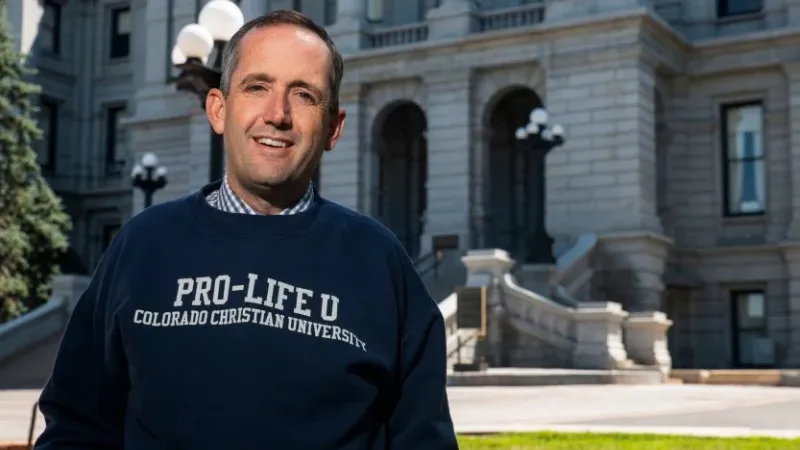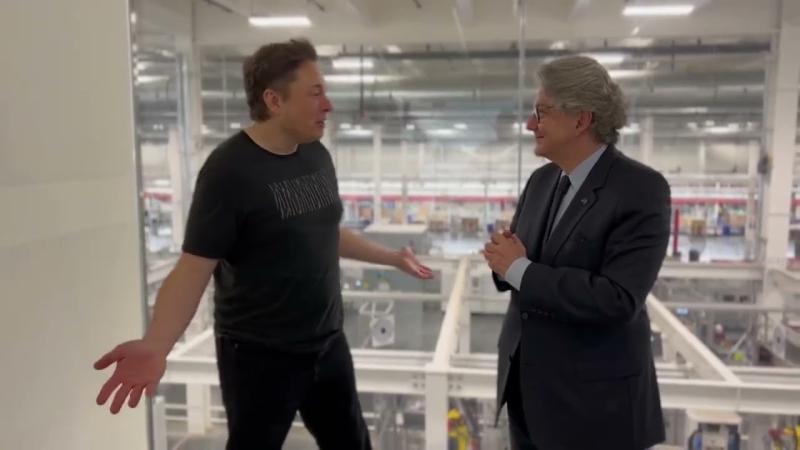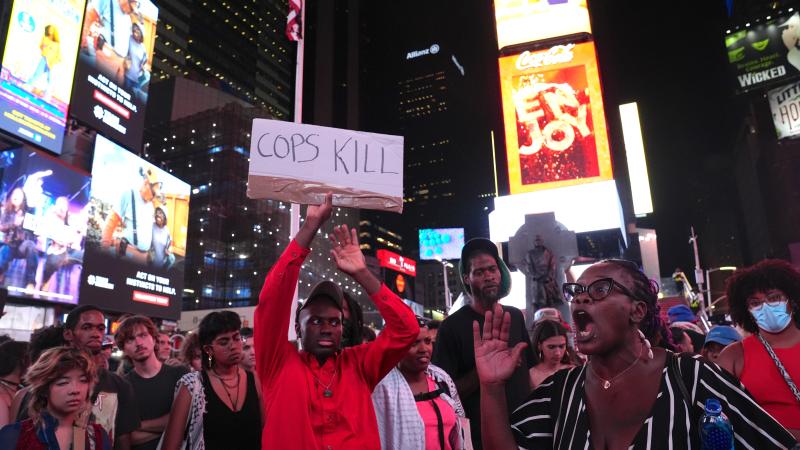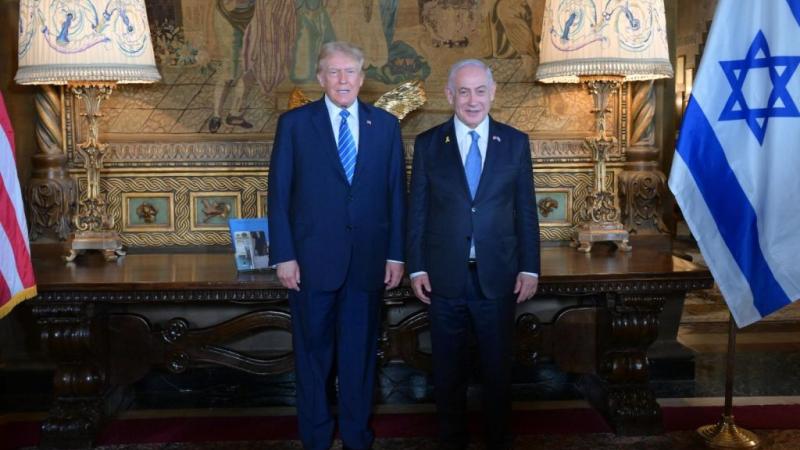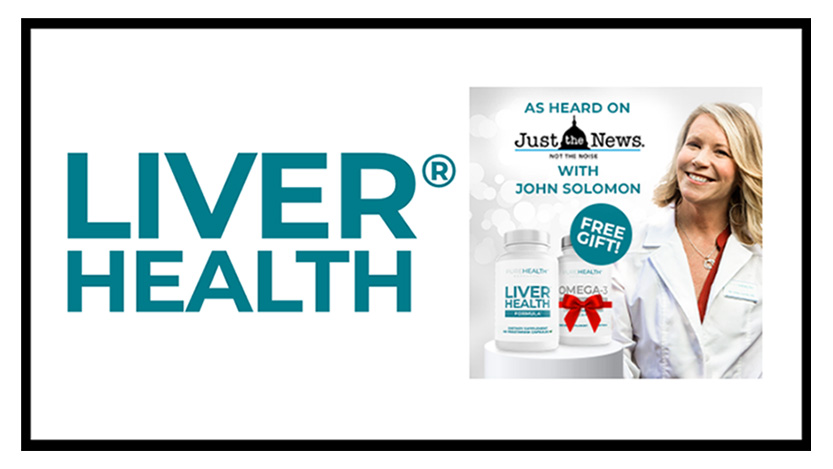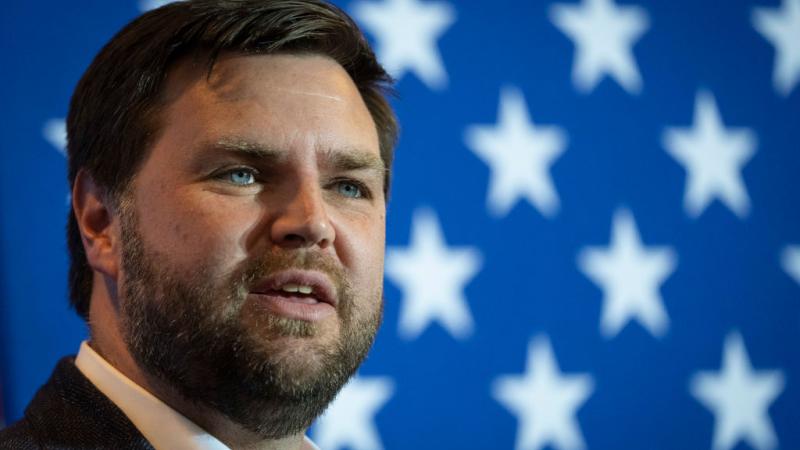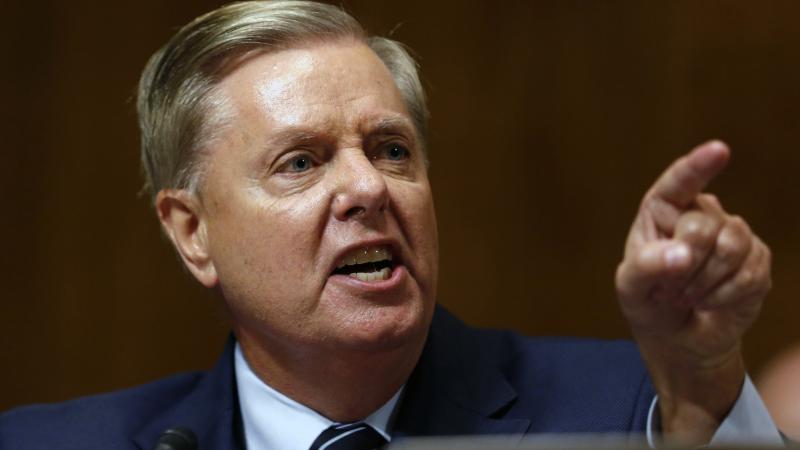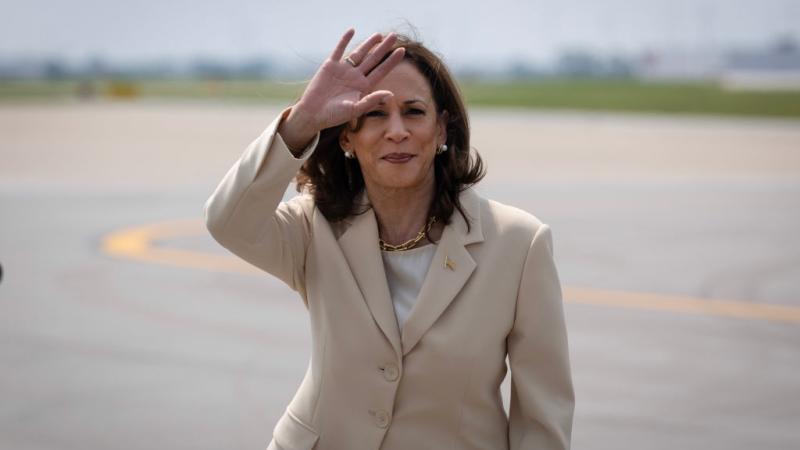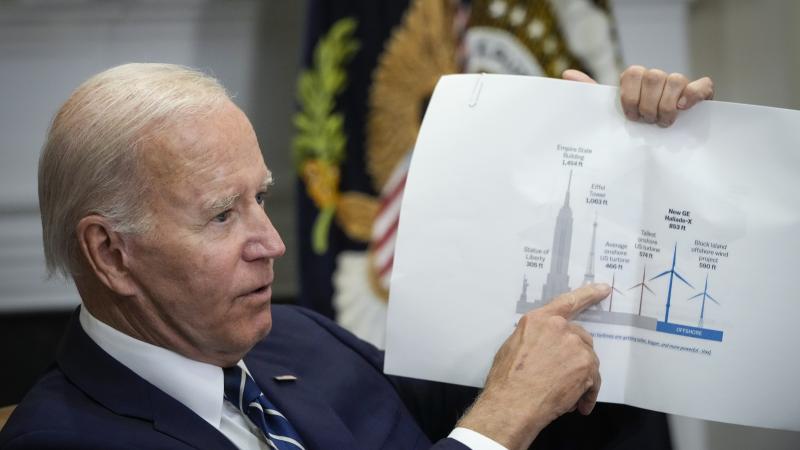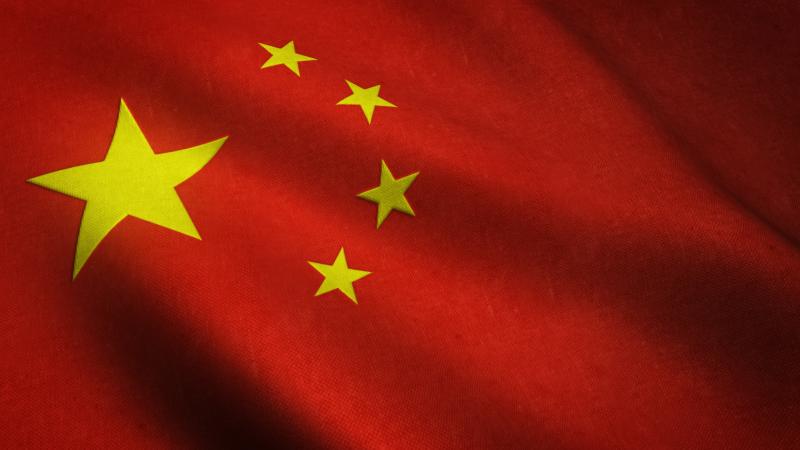Fauci, ex-NIH chief Collins likened to 'African presidents' for life at science censorship forum
Public health is now "the definition of propaganda," seeking "behavioral outcomes" through moralistic framing, frowning on objective data that could give "false reassurance," said bioethicist Aaron Kheriaty at conference of COVID response dissidents.
The average American was unlikely to see mainstream scientists challenging COVID-19 conventional wisdom outside of Fox News until recent months, when New York Times columnist David Leonhardt started shifting the Overton Window for elite discourse on pandemic policy.
That troubles the three dozen scientists, academics and journalists who gathered in D.C. last week to discuss censorship in science and ways to push back, perhaps through alternative institutions such as the nascent University of Austin.
President Trump's former COVID advisor Scott Atlas cohosted the "quasi-kickoff" of Hillsdale College's Academy for Science and Freedom, which he called a "seed" to be followed by larger meetings and smaller working groups.
Also hosting were Great Barrington Declaration coauthors Jay Bhattacharya of Stanford Medicine and Martin Kulldorff, formerly of Harvard Medical School, who are founding fellows with Atlas.
Dissidents within the National Institutes of Health showed up too: Matt Memoli, director of the Laboratory of Infectious Diseases Clinical Studies Unit, and distinguished investigator Marius Clore. Marion Gruber, who reportedly resigned from the FDA's vaccines office in protest of its booster recommendation, was originally invited to be a speaker but was not present.
Fox News is practically the only outlet that will feature scientists who challenge COVID narratives, said Bhattacharya, claiming the public health community "basically put me on the outside" for his appearances there.
Johns Hopkins medical professor Marty Makary, a National Academy of Medicine member, said the New York Times functionally blacklisted him after he went on Fox News, and his department "started to squash" critics like him early in the pandemic. He compared Dr. Anthony Fauci, director of the National Institute of Allergy and Infectious Diseases since 1984, and former NIH Director Francis Collins to "African presidents" who rule for decades.
Epidemiologist Sheila Weiss said her company, which has close Stanford ties, wouldn't let her publish a commentary on "booster mandate madness" because it was "too much of a political or corporate risk." An investigative journalist declined her offer to run with the story because "Fauci's goons" already targeted him, Weiss said.
Cal Poly microbiologist Pat Fidopiastis, who leads its COVID wastewater testing lab, explained how he became the campus villain for refusing to wear masks "unless required," challenging mask efficacy and referring to COVID's origin in Wuhan, which drew student accusations of racism. He voted for Barack Obama twice and Hillary Clinton, but "they made me" a Trump supporter.
University of California Davis physician resident Tracy Beth Hoeg said she was motivated to study COVID risk in schools by the "parallel universes" between America and Scandinavia when it came to school reopening.
She resorted to Fox News to promote her research, which "immediately labeled me" with university colleagues. While Hoeg and UC San Francisco (UCSF) medical professor Monica Gandhi eventually convinced NYT to accept their op-ed, "about an hour before it was going to be released they changed everything we wrote," so they pulled the submission, Hoeg said.
UCSF epidemiologist Vinay Prasad called President Trump's support for school reopening "the first domino" in the "terrible coverage" by NYT. Diversity of opinion disappeared, and the newspaper stopped covering different policies in Europe, he said.
NIH's Memoli spent a lot of time explaining the history of flu pandemics to reporters, and "not a single one of them wrote about any of the things we talked about," he said. In a Wall Street Journal interview about his opposition to vaccine mandates, Memoli said the reporter and editor wanted to leave out that he's unvaccinated, purportedly to protect his career.
Bioethicist Aaron Kheriaty, fired by UC for refusing COVID vaccination, said public health has morphed into seeking "behavioral outcomes" through moralistic framing and frowns on objective data that could give "false reassurance." To Kheriaty, "that's the definition of propaganda."
NIH has deprived the public of "answers to the most basic questions" about COVID that "could have been answered in one week" if it spent more than a pittance on COVID research, Makary said. American medical journals are also apathetic, which is why he and his team recently submitted a paper to the British Lancet.
Former NYT science columnist John Tierney blamed the "crisis crisis" on Fauci, who first rose to prominence in the AIDS crisis. The media have perverse incentives to indulge alarmism on scientific issues, from overpopulation to energy shortages and now COVID, because it increases readership.
"You have to do counter-scares" such as the Great Barrington Declaration, which emphasized collateral damage from lockdowns, he said.
"Add 12 months or so" to right-wing COVID coverage and Leonhardt's daily NYT newsletter will validate it, giving liberals permission to acknowledge reality, according to Maxwell Meyer, former editor of The Stanford Review. He pointed to a "series of very conspicuous coincidences" in which the CDC revised guidance following a Leonhardt column.
RealClearPolitics publisher Tom Bevan said he was "kind of depressed" that the media company hadn't done more to challenge the power of mainstream media on "dictating and framing what's acceptable to debate." He asked scientists at the gathering to send their work to RCP to shift that "lopsided fight."
MIT management professor Retsef Levi said a U.S. private sector entity could mitigate the reputational risk that any individual might face for COVID dissent.
He's a member of Israel's Public Emergency Council for the Coronavirus Crisis, composed of well-respected former government officials and academics, which Levi credited for a plunge in booster compliance in the country. "We faced a lot of adversities but we also had successes," he said.
New Tang Dynasty TV President Joe Wang reminded participants how the Chinese Communist Party would respond to criticism. "We're still talking in this room," he said. "The police are not knocking at the door. It's hope."
The Facts Inside Our Reporter's Notebook
Links
- Overton Window
- University of Austin
- Hillsdale College's Academy for Science and Freedom
- resigned from the FDA's vaccines office in protest
- "America's doctor" Anthony Fauci
- refusing to wear masks "unless required"
- Wall Street Journal
- fired by UC for refusing COVID vaccination
- Israel's Public Emergency Council for the Coronavirus Crisis

